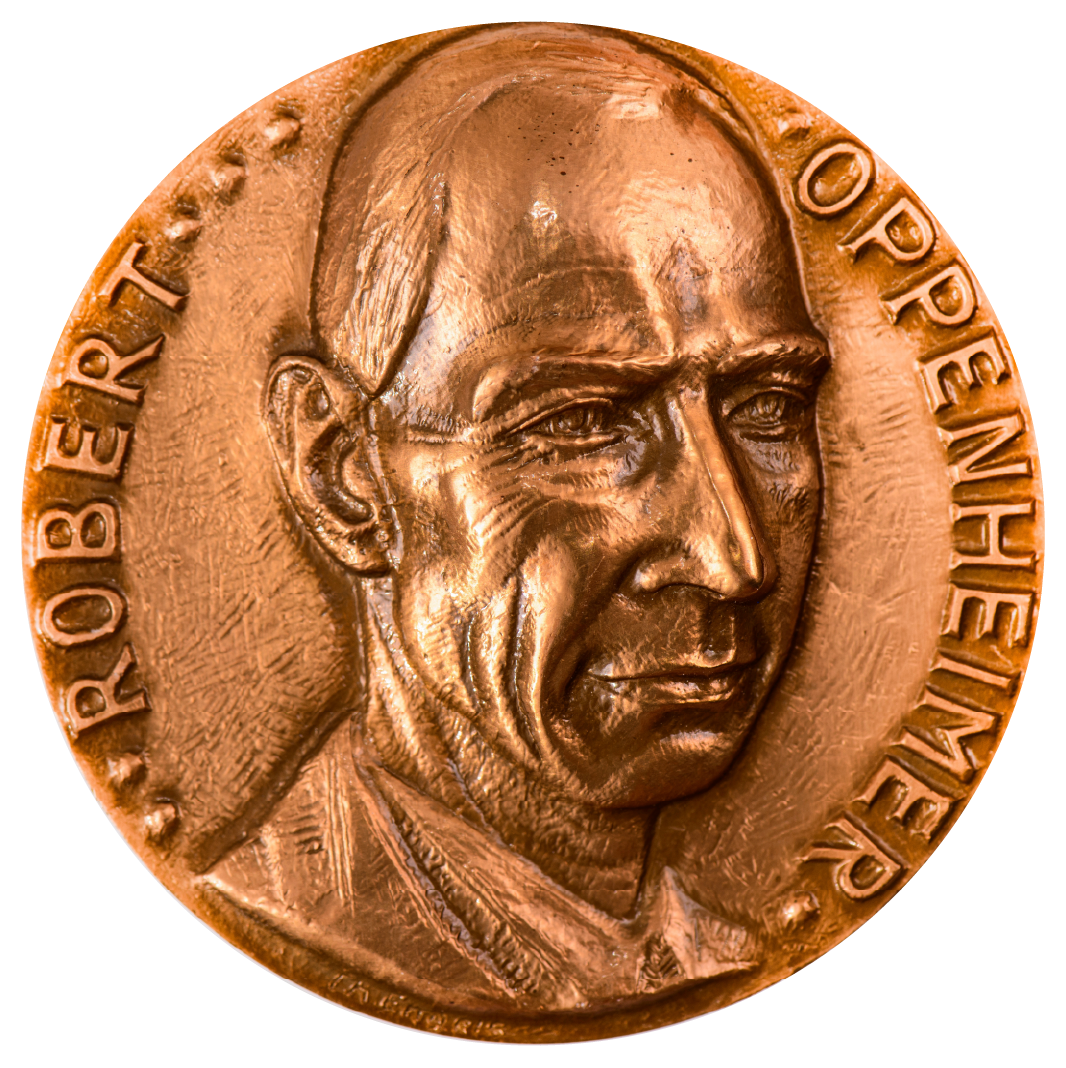J. Robert Oppenheimer
Articles
Historical Quotes
View more from News & Articles or Primerus Weekly

By Tom Kirvan
Long known as the “father of the atomic bomb,” J. Robert Oppenheimer has become one of most polarizing figures in American history, universally admired for his scientific brilliance while seen in some circles as a villainous figure in the development of nuclear weapons.
Born on April 22, 1904 in New York City, Oppenheimer was the son of a successful textile importer whose wife was a painter. He obtained a degree in chemistry from Harvard University in 1925 and a doctorate in physics from the University of Gottingen in Germany two years later. He joined the physics faculty at the University of California, Berkeley, becoming a full professor in 1936 as the rumblings of war were heard in Europe and the Far East due to fascist governments rising to power.
In 1942, Oppenheimer was among a number of physicists recruited to work on the Manhattan Project, the top-secret program used to develop the first atomic bombs following the outbreak of World War II. He ultimately was appointed director of the project’s Los Alamos Laboratory in a remote region of New Mexico, presiding over the first atomic explosion there on July 16, 1945.

“I am become death, the destroyer of worlds,” Oppenheimer said after witnessing the test blast.
Within a matter of weeks, the nuclear weapons were used in Japan in the atomic bombings of Hiroshima and Nagasaki, prompting an end to the worldwide military conflict.
In the aftermath of the war, Oppenheimer lobbied for control of nuclear power and weapons in an effort to avoid an arms race with the Soviet Union and communist China. His efforts were mitigated by his past associations with the communist party in the U.S., a fact that led to the revocation of his security clearance in 1954.
“There must be no barriers to freedom of inquiry,” said Oppenheimer. “There is no place for dogma in science. The scientist is free, and must be free to ask any question, to doubt any assertion, to seek for any evidence, to correct any errors.”
In 1963, Oppenheimer was presented the Enrico Fermi Award, a coveted honor viewed by many observers as the final step in his political rehabilitation. Oppenheimer died of throat cancer in 1967 at the age of 62, survived by his wife, Katherine, and two children, Peter and Toni, each of whom may have been haunted by his words: